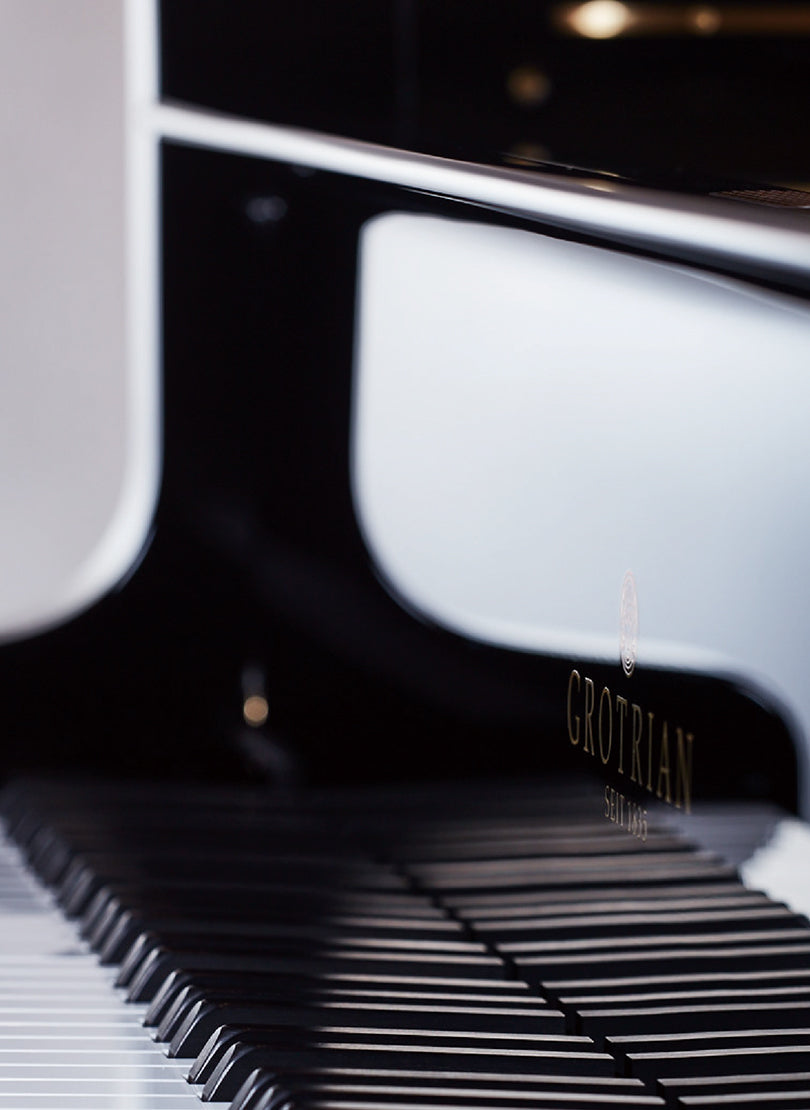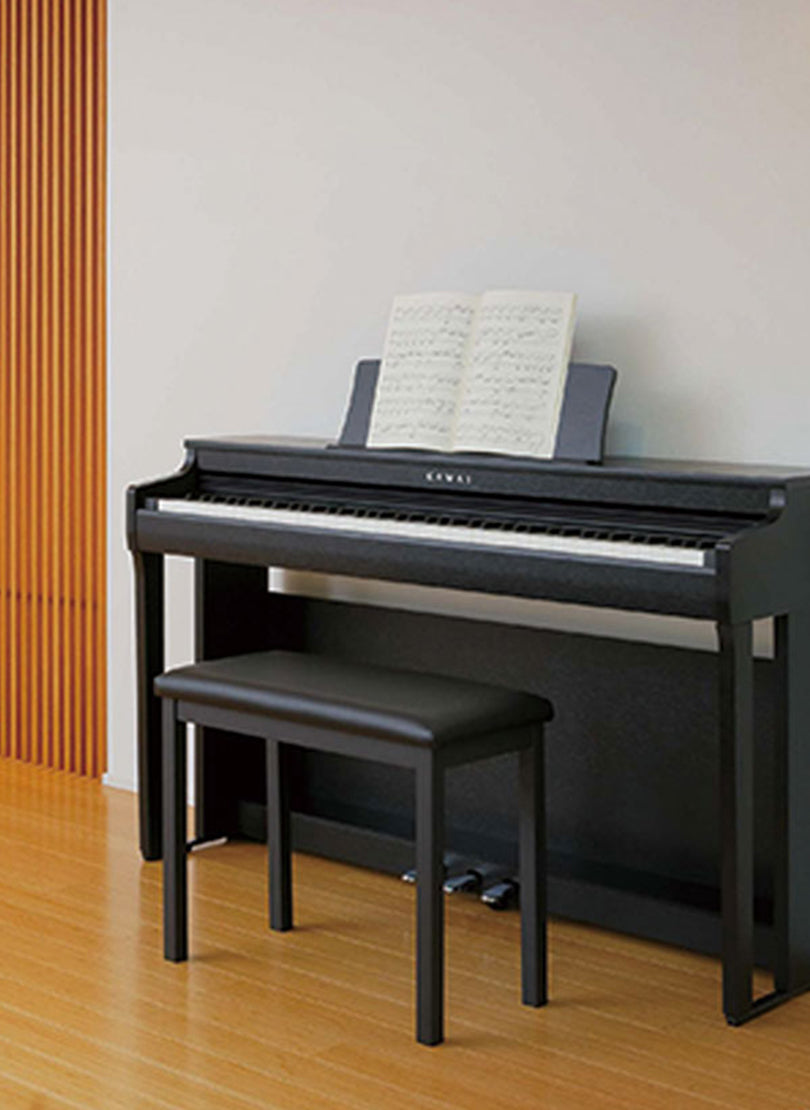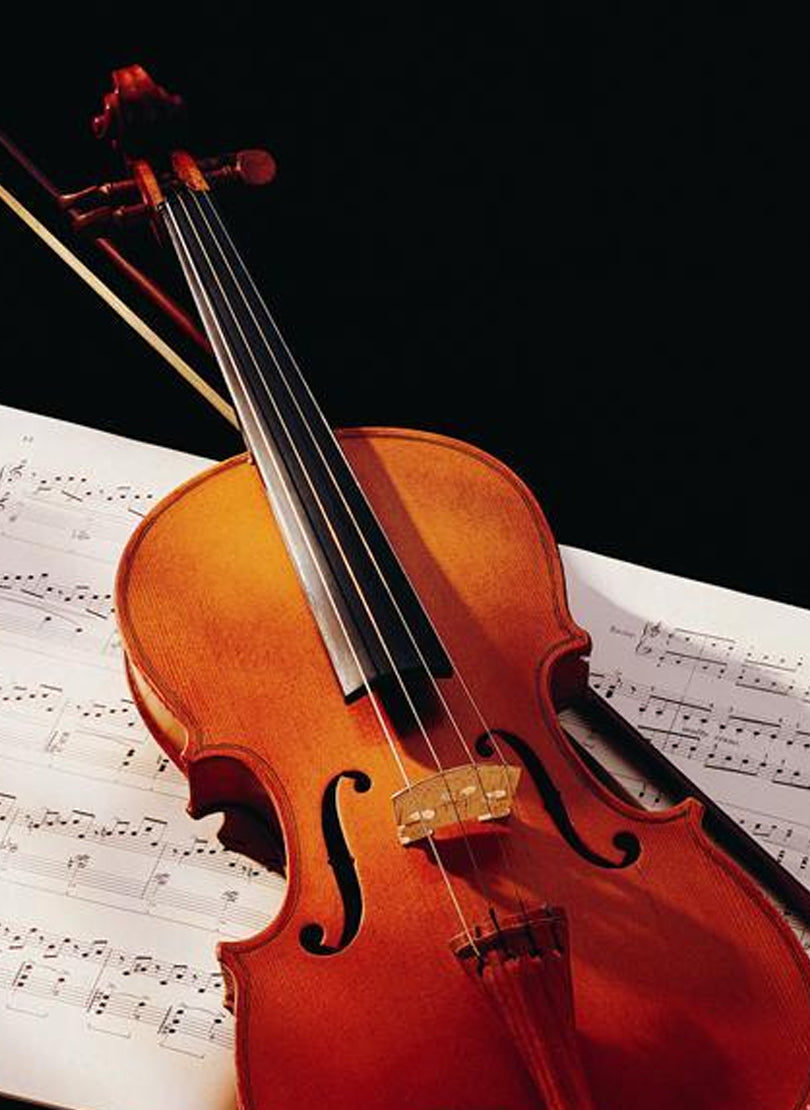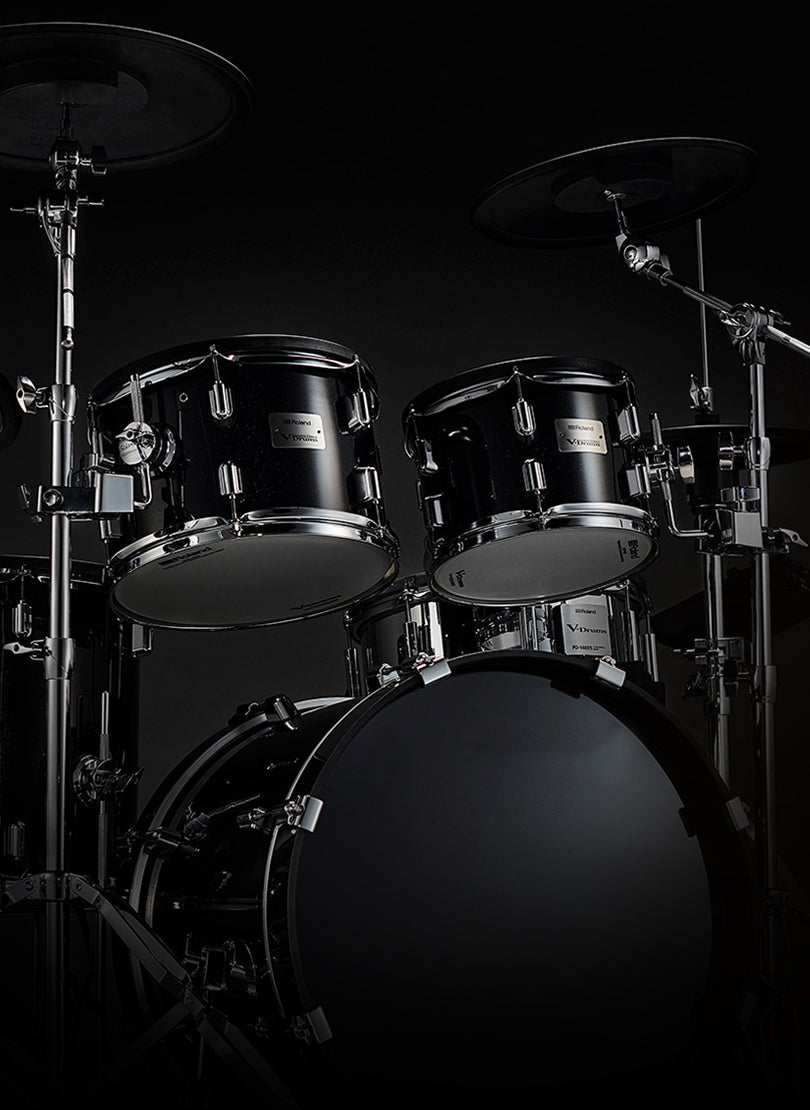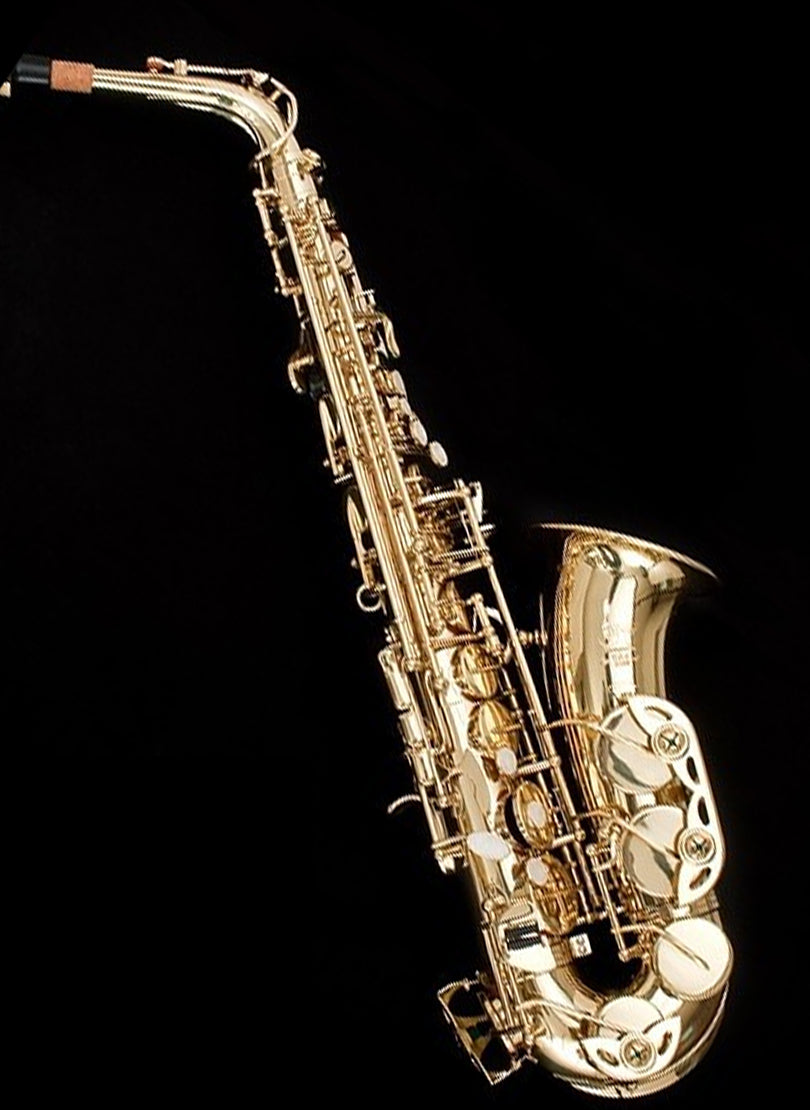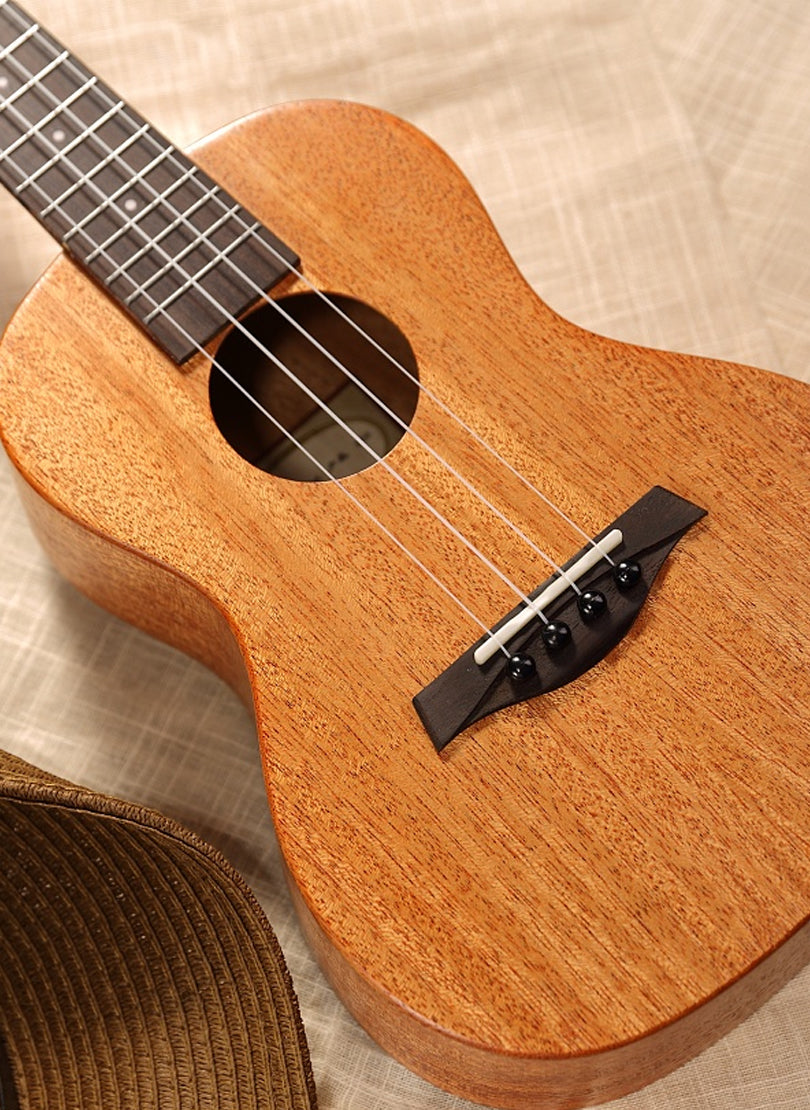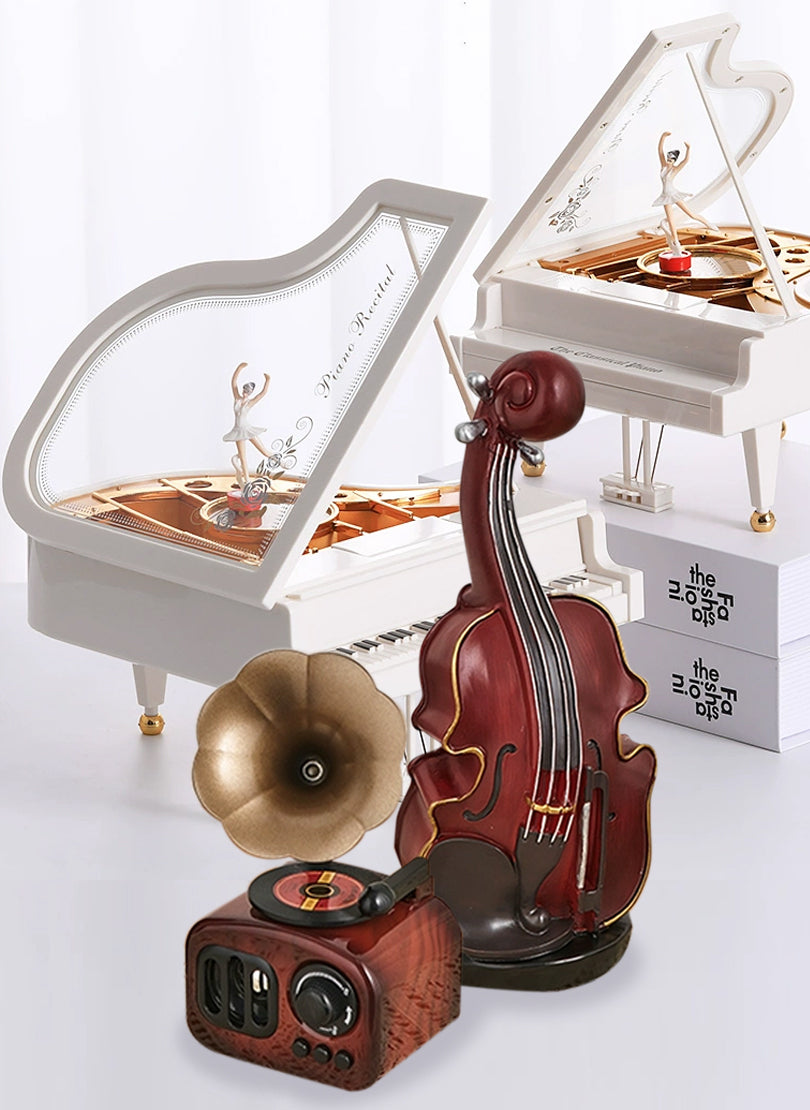BRITTEN - REJOICE IN THE LAMB OP 30 SATB VOCAL SCORE
Description
It was in 1943 that Benjamin Britten was commissioned to write a choral piece for the 50th anniversary of St. Matthew's Church in Northampton, England. The ensuing 'festival cantata', Rejoice in the Lamb for four soloists, choir, and organ, was a true musical marriage of the voices of the poet, Christopher Smart, and the composer. Britten took the text from the poem Jubilate Agno and organized it into ten contrasting sections in a manner reminiscent of a Purcell verse anthem.The poem is a celebration of praise through all creation, from old testament heroes and beasts to the joyful sounds and rhythms of various musical instruments, concluding with God himself making music on the harp. One of Britten's most popular and most performed works. bilate Agno which he composed in a mental asylum having been committed there by his father-in-law for apparent religious mania. He died in a debtors' prison. It was W.H. Auden who brought the poem to Britten's attention. It is easy to see why Britten was so attracted to Smart's poem. It has great colour, drama, bizarre imagery, and the central issue of the individual against the crowd, or against authority, was one to which Britten was to return repeatedly in his works. Britten had developed a deep interest in Purcell's music at this time and had made keyboard realisations of accompaniments for a number of songs which he performed with Peter Pears. Purcell's influence can easily be heard in the Hallelujah sections.
The challenges in this work are many and varied though the difficulty level is not great overall. It is an ideal concert work and ispopular with performers and audiences alike. Practical issues include r eally quiet singing while projecting the voice at the start; dealing with the rhythmic complexities of the first quick section ('Let Nimrod the mighty hunter') and getting the most out of the words and the dynamic contrasts here; the unanimity of the dotted rhythms in the Hallelujah sections; the fielding of four soloists who can put across the character of these zany movements (the cat, the mouse, flowers); the realisation of the depth of passion in the 'For I am under the same accusation as my Saviour' section; the brilliance of the final quick section with all the bizarre musical instrument rhymes; and finally realising the 'stillness and serenity' of the slow music before the final Hallelujah. There is muchto consider and much devil in the detail. However, the work is emphatic ally worth any amount of effort to realise Britten's inspiration.
Duration: 17 minutes
Paul Spicer, Lichfield, 2011

